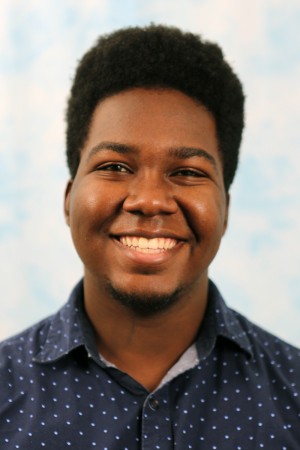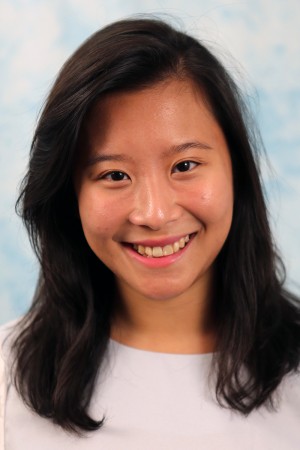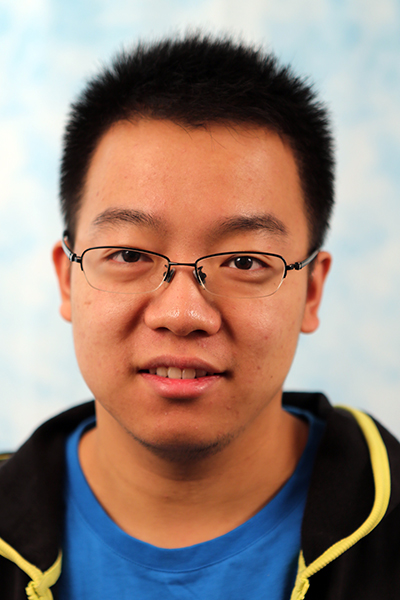PhD Speaking Qualifier
Carnegie Mellon University
Unsupervised 2D-3D Lifting with Deep Structure Priors
Abstract: Learning to estimate non-rigid 3D structures from 2D imaged observations is bottle-necked by the availability of abundant 3D annotated data. Learning methods that reduce the amount of required annotation is of high practical value. In this regard, Non-Rigid Structure from Motion (NRSfM) methods offer the opportunity to infer 3D structures solely from 2D annotations. [...]
Model Adaptation for Compliant Parallel Robot with Nonstationary Dynamics
Abstract: Soft robots can be constructed with few parts and from a wide variety of materials. This makes them a potentially appealing choice for applications where there are resource constraints on system fabrication. However, soft robot dynamics are difficult to accurately model analytically, due to a multiphysics coupling between shape, forces, temperature, and history of [...]
Adaptive Safety Margins for Safe Replanning under Time-Varying Disturbances
Abstract: Safe real-time navigation is a considerable challenge because engineers often need to work with uncertain vehicle dynamics, variable external disturbances, and imperfect controllers. A common strategy used to address safety is to employ hand-defined margins for obstacle inflation. However, arbitrary static margins often fail in more dynamic scenarios, and using worst-case assumptions proves to [...]
HyperDynamics: Generating Expert Dynamics Models by Observation
Abstract: We propose HyperDynamics, a framework that conditions on an agent’s interactions with the environment and optionally its visual observations, and generates the parameters of neural dynamics models based on inferred properties of the dynamical system. Physical and visual properties of the environment that are not part of the low-dimensional state yet affect its temporal [...]
Direct Fitting of Mixture Models
Abstract: There exist many choices of 3D shape representation. Some recent work has advocated for the use of Gaussian Mixture Models as a compact representation for 3D shapes and scenes. These models are typically fit to point clouds, even when the shapes were obtained as 3D meshes. Here we present a formulation for fitting Gaussian [...]
Carnegie Mellon University
Terrain Perception using Structured Light for Micro-Rovers
Abstract: With continuing advancement in technology, the future of planetary exploration is likely to be dominated by robotic missions. Yet rovers capable of science investigations are slow and bulky with very limited computing which prohibits demonstrating full autonomy. These rovers are also risk averse due to their huge mission cost. However there is a new [...]
Carnegie Mellon University
Analysis of Deadlock in Multirobot Systems
Abstract: Collision avoidance for multirobot systems is a well-studied problem. Recently, control barrier functions (CBFs) have been proposed for synthesizing controllers that guarantee safety while simultaneously encouraging goal stabilization for multiple robots. However, it has been noted that reactive control synthesis methods (such as CBFs) are prone to deadlock, an equilibrium of system dynamics that [...]
Interleaving Graph Search and Trajectory Optimization for Aggressive Quadrotor Flight
Abstract: Quadrotors can achieve aggressive flight by tracking complex maneuvers and rapidly changing directions. Planning for aggressive flight with trajectory optimization could be incredibly fast, even in higher dimensions, and can account for dynamics of the quadrotor, however, only provides a locally optimal solution. On the other hand, planning with discrete graph search can handle [...]
See, Hear, Explore: Curiosity via Audio-Visual Association
Abstract: Exploration is one of the core challenges in reinforcement learning. A common formulation of curiosity-driven exploration uses the difference between the real future and the future predicted by a learned model. However, predicting the future is an inherently difficult task which can be ill-posed in the face of stochasticity. In this work, we introduce [...]
MonoClothCap: Towards Temporally Coherent Clothing Capture from Monocular RGB Video
Abstract: We present a method to capture temporally coherent dynamic clothing deformation from a monocular RGB video input. In contrast to the existing literature, our method does not require a pre-scanned personalized mesh template, and thus can be applied to in-the-wild videos. To constrain the output to a valid deformation space, we build statistical deformation [...]









